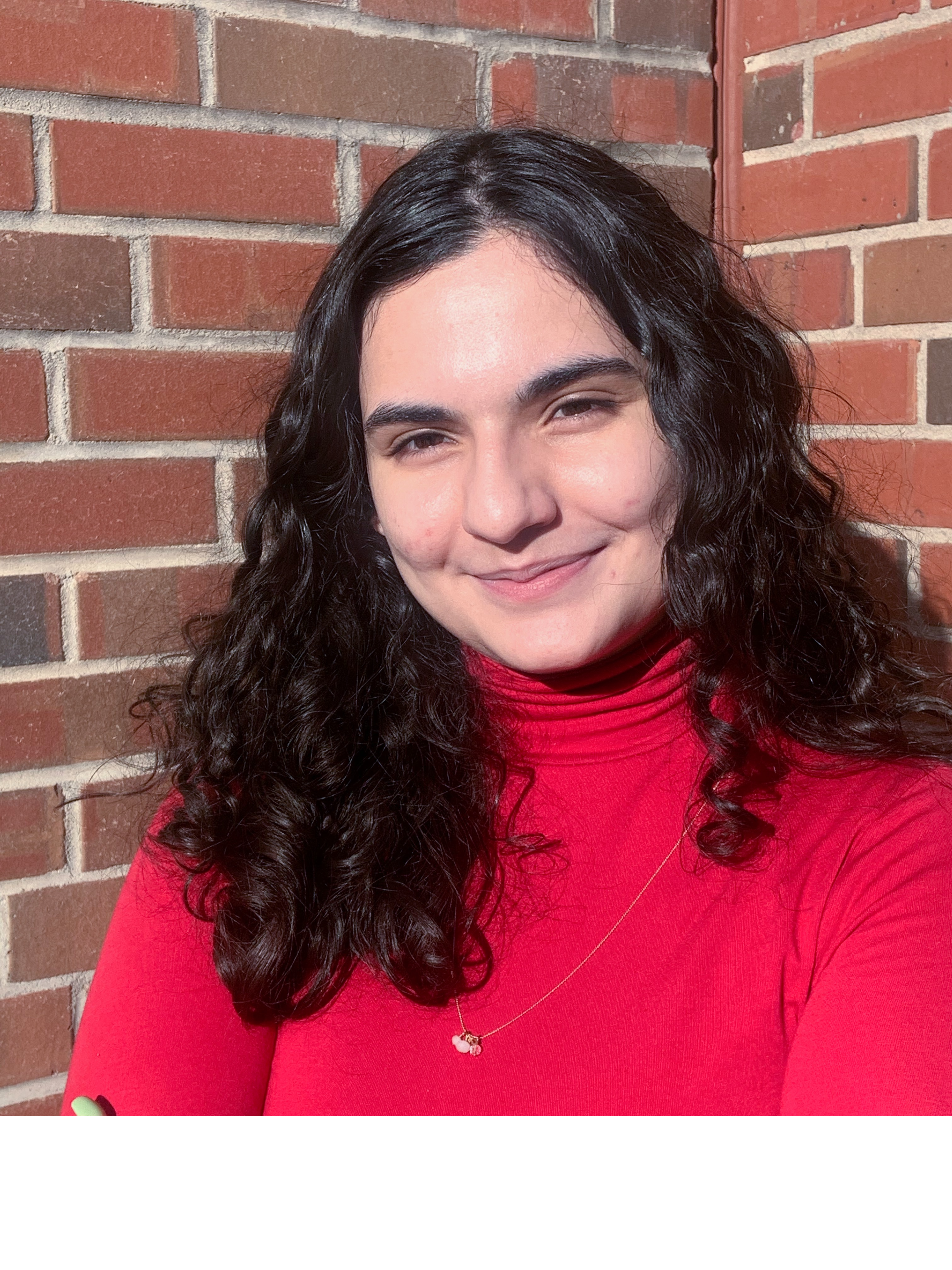Research Symposium
22nd annual Undergraduate Research Symposium
Rosmarie Correa Poster Session 6: 2:30-3:15/Poster #59

BIO
My name is Rosmarie Correa and I am a Junior studying English Literature and Italian. I come from Homestead, FL and my research interests involve the humanities. I also enjoy reading and researching works that include topics of representation, diversity, and media. In the near future, I hope to go to law school and pursue immigration law or civil rights law. Another route I am open to exploring as a career is becoming an educator and working in academia.
Towards a Labor History of Mexican Archeology: Exploring the Representation of Native Workers
Authors: Rosmarie Correa, Dr. Samuel Holley-KlineStudent Major: English Literature
Mentor: Dr. Samuel Holley-Kline
Mentor's Department: Department of History Mentor's College: College of Arts and Sciences Co-Presenters: N/a
Abstract
This study seeks to contribute to the knowledge of underrepresented workers in archeology that are often ignored, forgotten, or absent. The purpose is to discover what can be revealed about the experiences of underrepresented workers and the perspective of foreign workers on the native people in ancient Mexican sites during the 20th century. This will be achieved by finding interactions between the author and the workers, and analyzing how they are brought up in two primary sources, "Digging in Yucatan" by Ann Axtell Morris and "Piedras Negras Diary" by Margaret Satterthwaite. These two sources include the first-hand experience of two women in archeological research during the 1930s working alongside native workers in Mexico. My research involves close reading to note how archeological workers are represented in both works from the authors' perspectives. Viewing the authors' experiences, their interactions with the local people and the workers, and their perception of their work, I can better answer the questions: to what extent did these women and the workers feel a connection to their work? In what manner and depth are the local people and workers portrayed? Though the two authors come from similar backgrounds, the representation of workers and their own connection to their work differ greatly. So far, I have achieved findings on how archeological workers in the 1930s were portrayed by examining the way their work ethic, their culture and language, and their knowledge, skillset, or intelligence are discussed.
Keywords: Archeology, representation, workers, labor, history
